BHP Billiton doubles down on its mining strategy
As commodities prices rise, the giant miner is ramping up production. Is that the right strategy, asks Alex Williams.
Get the latest financial news, insights and expert analysis from our award-winning MoneyWeek team, to help you understand what really matters when it comes to your finances.
You are now subscribed
Your newsletter sign-up was successful
Want to add more newsletters?

Twice daily
MoneyWeek
Get the latest financial news, insights and expert analysis from our award-winning MoneyWeek team, to help you understand what really matters when it comes to your finances.

Four times a week
Look After My Bills
Sign up to our free money-saving newsletter, filled with the latest news and expert advice to help you find the best tips and deals for managing your bills. Start saving today!

At a huge coal mine in Australia owned by BHP Billiton, mine managers have introduced pitstops, copied from Formula One, to refuel dump trucks fractionally faster. It is one of several new initiatives that BHP, the world's largest mining company, is taking to increase production and force down costs. This week, BHP reported record production levels in iron ore and coking coal, its two mainstay commodities. Copper and oil output is also due to rise next year, bolstering BHP's position as the most diversified giant in mining.
Higher production, however, is not feeding through into profits. BHP also reported a massive $6.4bn loss, the biggest corporate loss in Australian history, according to The Australian. It was largely the result of nearly $8bn of write-downs, impairments and provisions, after a fatal dam burst at an iron-ore mine in Brazil last year. The total loss "is horrific", said analysts at investment bank Jefferies. BHP has slashed its dividend and its net debt has risen to $26bn.
Andrew Mackenzie, the company's Scottish chief executive, said he was "clearly very disappointed", but rising production means that BHP is "strong and getting stronger". Last year, he decided to hive-off smaller, non-core mines, forming a new company, South32, allowing him to focus fully on squeezing the most out of BHP's biggest operations.
MoneyWeek
Subscribe to MoneyWeek today and get your first six magazine issues absolutely FREE

Sign up to Money Morning
Don't miss the latest investment and personal finances news, market analysis, plus money-saving tips with our free twice-daily newsletter
Don't miss the latest investment and personal finances news, market analysis, plus money-saving tips with our free twice-daily newsletter
Some analysts question BHP's strategy. The mining industry is famous for over-producing when prices are rising, flooding the market and lowering prices, destroying future returns. Metal prices have more than doubled this year, thanks to stimulus measures in China, but supply "needs to be reduced," says Lewis Grant, a fund manager at Hermes, before market fundamentals can improve. "This could easily take three years." Embarrassingly, South32 has also outperformed its parent company since the two groups parted ways.
Investment bankers say that other chief executives in the mining industry are "livid" about Mackenzie's strategy of upping production at all costs. While BHP is cranking-up its coal production, its smaller rival Glencore, the Swiss metal trading giant, has chosen to cut production to help boost the market. Glencore's chief executive says he would rather keep ore in the ground than sell it at the bottom of the market. "There's no reason to keep digging stuff out of the ground when you're not making decent margins."
Mining bosses routinely attack one another's strategies, but BHP is doing the right thing, says Marcus Leroux at The Times. The industry is essentially "a punt on China", but Mackenzie can rightly boast about the firms's low costs. Alongside Rio Tinto, it is the safest and most defensive bet in the sector.
Get the latest financial news, insights and expert analysis from our award-winning MoneyWeek team, to help you understand what really matters when it comes to your finances.
-
 MoneyWeek Talks: The funds to choose in 2026
MoneyWeek Talks: The funds to choose in 2026Podcast Fidelity's Tom Stevenson reveals his top three funds for 2026 for your ISA or self-invested personal pension
-
 Three companies with deep economic moats to buy now
Three companies with deep economic moats to buy nowOpinion An economic moat can underpin a company's future returns. Here, Imran Sattar, portfolio manager at Edinburgh Investment Trust, selects three stocks to buy now
-
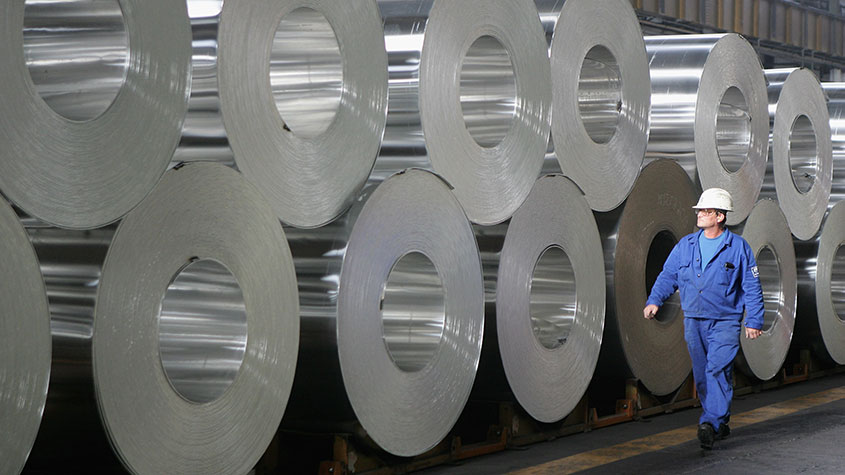 These 2 stocks are set to soar
These 2 stocks are set to soarTips The returns from these two aluminium and tin stocks could be spectacular when the commodity cycle turns says David J Stevenson.
-
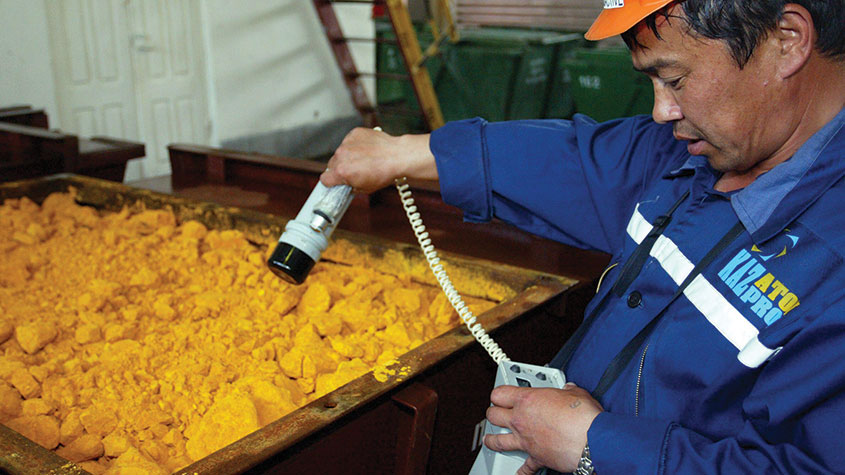 The best ways to buy strategic metals
The best ways to buy strategic metalsTips Weaker prices for strategic metals in the alternative-energy sector are an investment opportunity, says David Stevenson. Here, he picks some of the best ways to buy in.
-
 A lesson for investors from a ill-fated silver mine
A lesson for investors from a ill-fated silver mineAnalysis Mining methods may have changed since the industry’s early days, but the business hasn’t – digging ore from the ground and selling it at a profit. The trouble is, says Dominic Frisby, the scams haven't changed either.
-
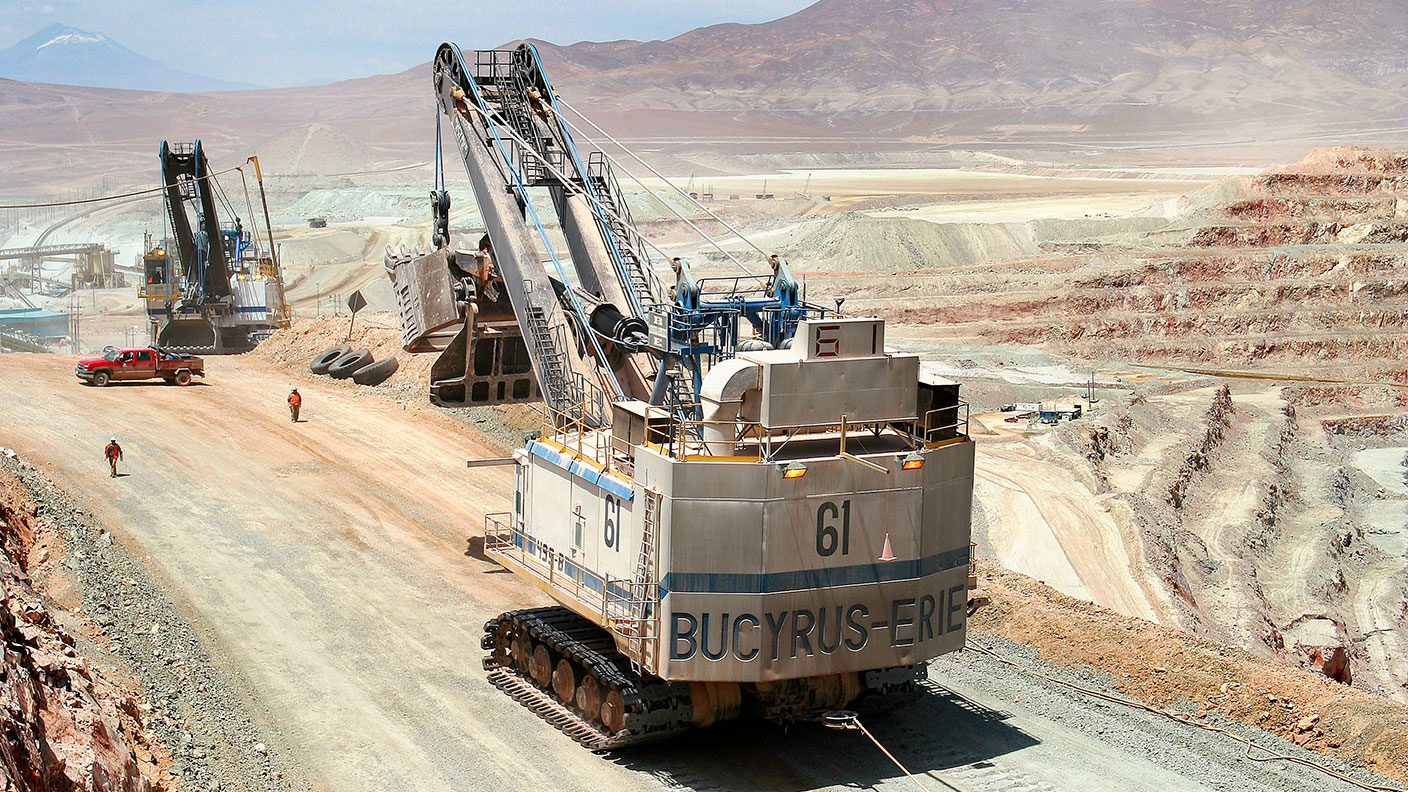 The natural resources industry is in a tight spot – which is bad news for the rest of us
The natural resources industry is in a tight spot – which is bad news for the rest of usOpinion The natural resources industry is in a bind. We need it to produce more energy and metals, but it has been starved of investment, plagued by supply chain issues, and hobbled by red tape. That’s bad news for everyone, says Dominic Frisby.
-
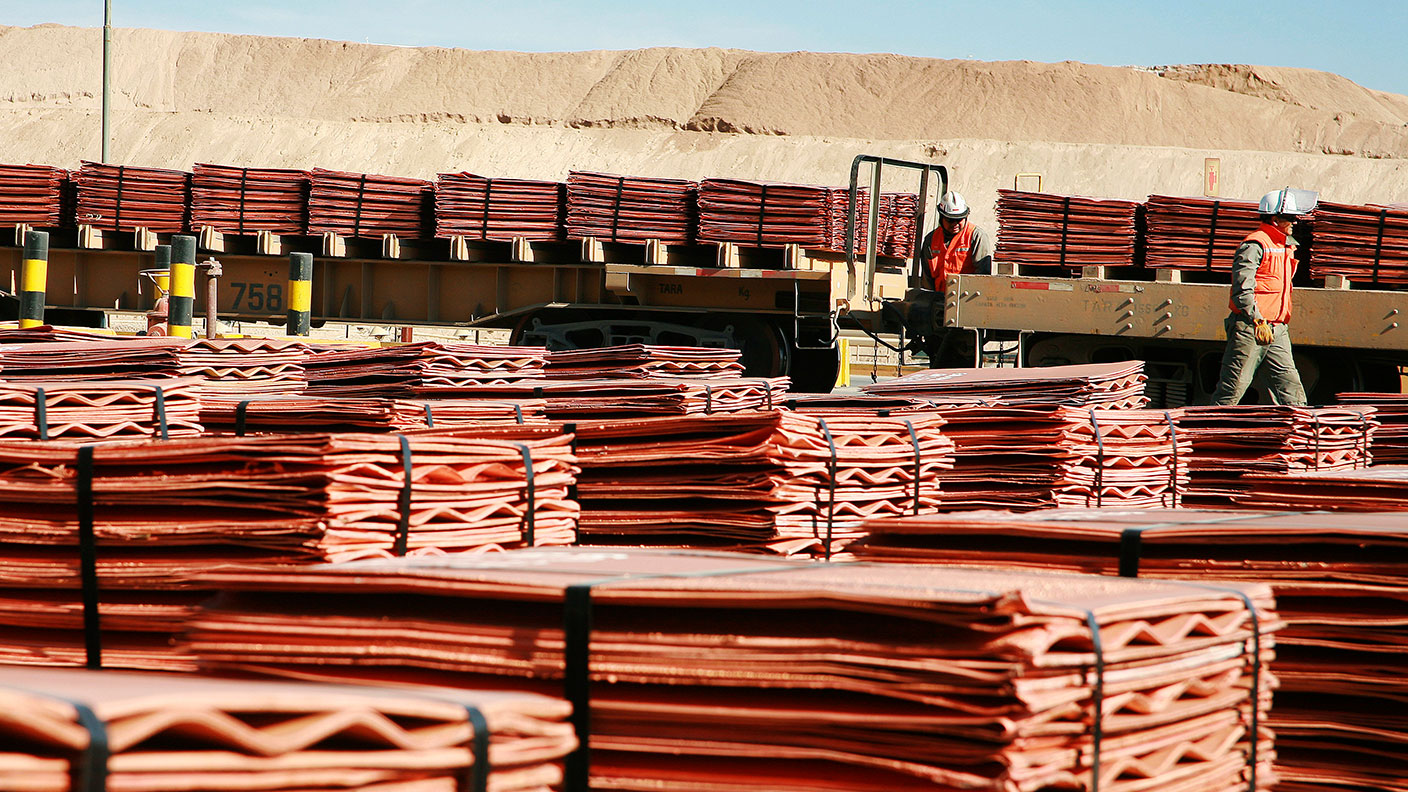 How to invest in the copper boom
How to invest in the copper boomTips The price of copper has slipped recently. But that’s temporary – the long-term outlook is very bullish, says Dominic Frisby. Here, he explains the best ways to invest in copper.
-
 Why investors should consider adding Glencore to their portfolios
Why investors should consider adding Glencore to their portfoliosTips Commodities giant Glencore is well placed to capitalise on rising commodity prices and supply chain disruption, says Rupert Hargreaves. Here’s why you should consider buying Glencore shares.
-
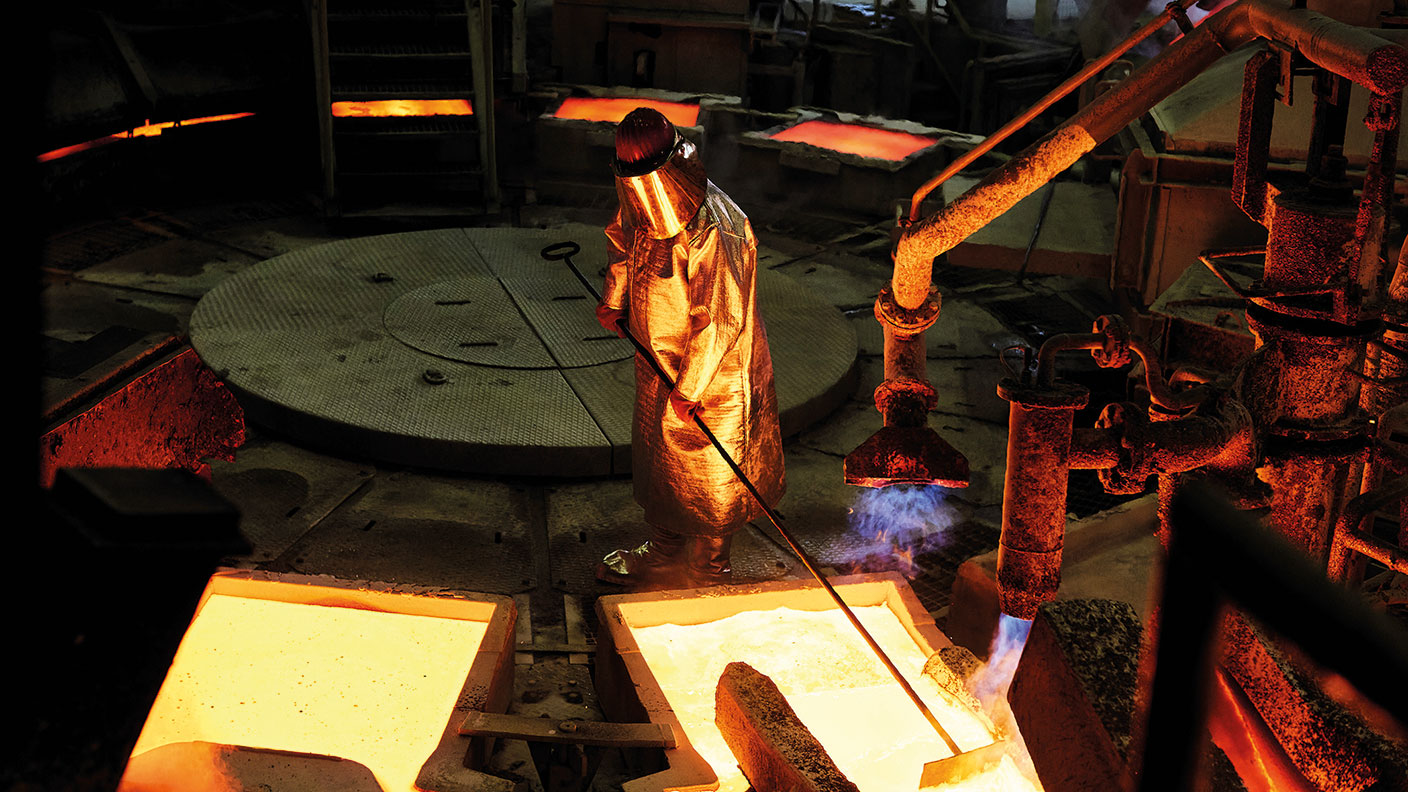 How to invest in the multi-decade boom in industrial metals
How to invest in the multi-decade boom in industrial metalsTips The price of key industrial metals has already begun to rise. The renewable energy transition will take them higher, says David Stevenson. Here's how to profit.
-
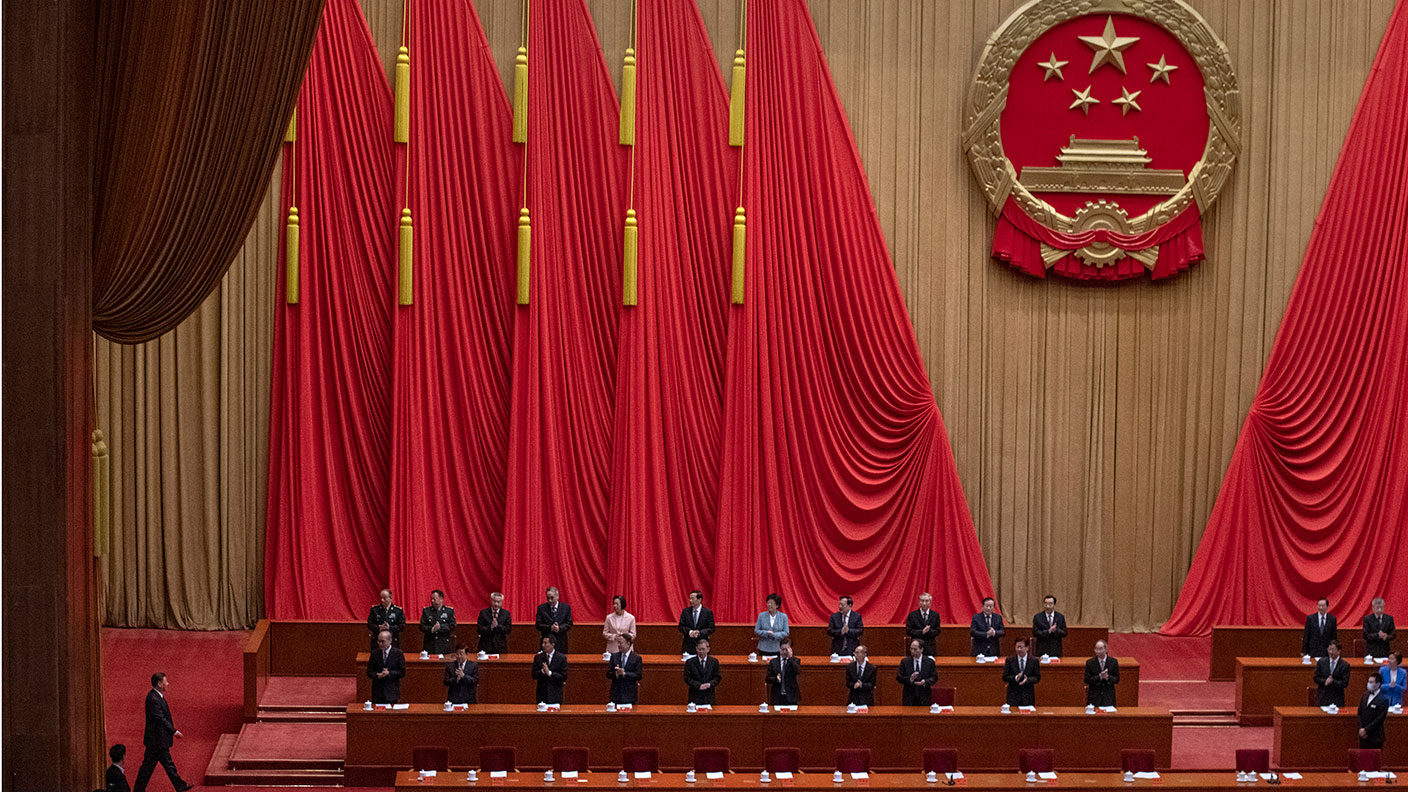 Avoid China’s stockmarket – here’s what to invest in instead
Avoid China’s stockmarket – here’s what to invest in insteadOpinion China’s stockmarket is not a good place for investors to be. But you can't just ignore the world's second-largest economy, says Dominic Frisby. Here, he picks an alternative China play.